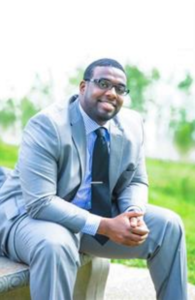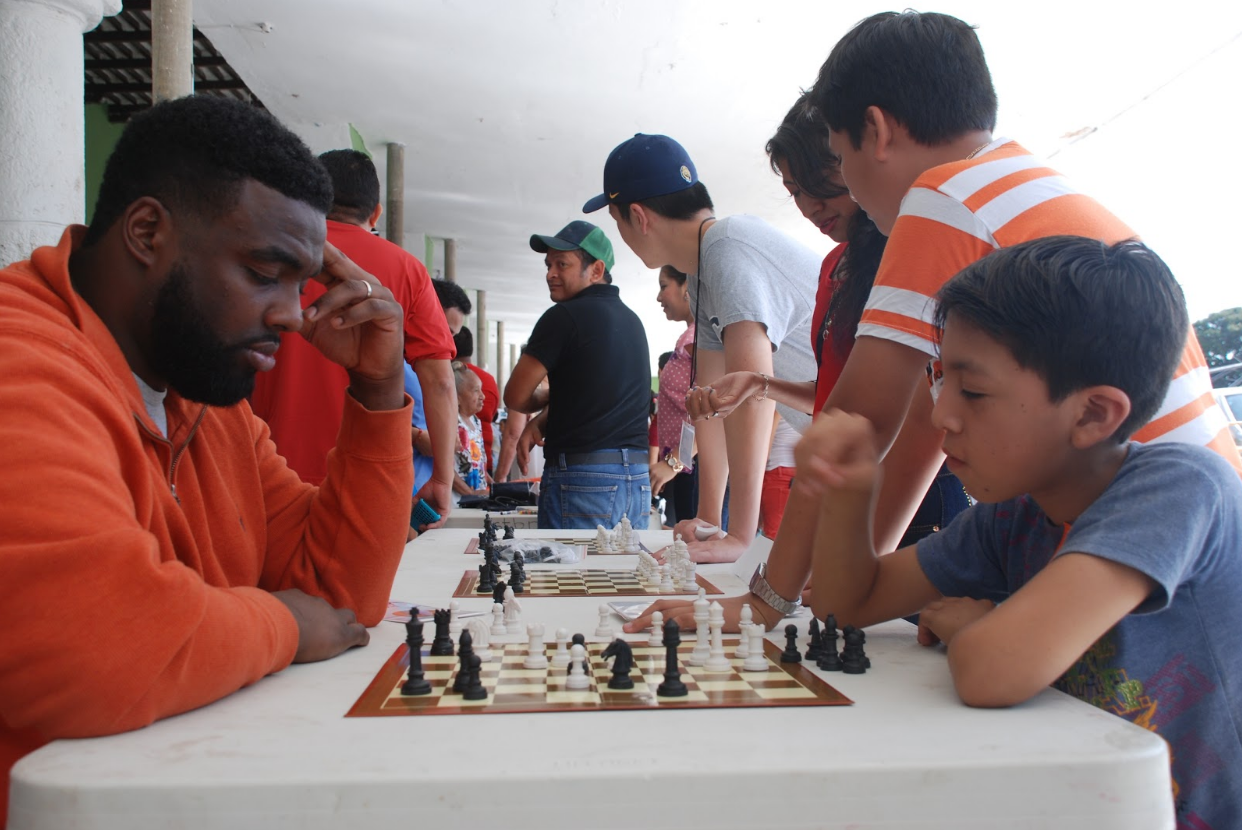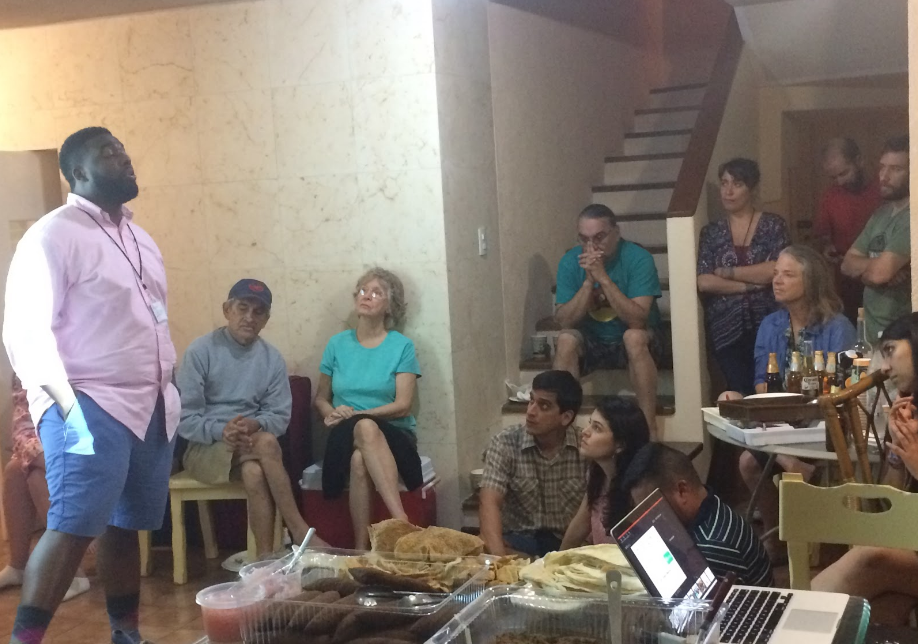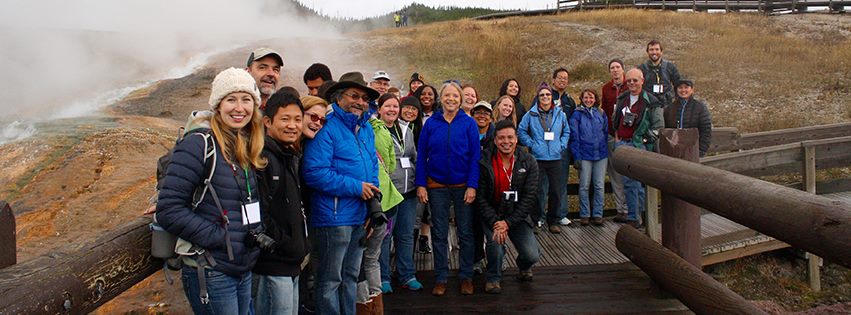 By Keeley Takimoto
By Keeley Takimoto
COPUS is proud to announce Russell Ledet as the winner of the 2016 Paul Shin Award recognizing “unsung heroes” who have demonstrated commitment and passion in work related to Science, Technology, Engineering and Math (STEM) education/outreach, STEM equity/inclusion, and/or scientific literacy.
Looking at Russell today, you see a seemingly tireless and impeccably competent science professional. A Ph.D. candidate at the New York University (NYU) School of Medicine working long hours in prostate cancer research, he also mentors and serves on the board of directors for Clear Direction, the STEM mentoring organization he co-founded along with Julia Derk. It would be easy to assume he has spent his whole life in the field. But as Russell notes, when it comes to successful scientists, “everybody sees the building, nobody sees the foundation”.
Traditionally, the foundation of a STEM career has been characterized as a “pipeline”: a linear pathway through academia that future scientists enter as kindergarteners and emerge from as fully-fledged post-docs. The reality is much less straightforward, as Russell can attest. He had little access to working scientists or high-level STEM institutions growing up, making it hard to connect his experience to theirs. Without a “clear direction” into science, he instead enlisted in the US Navy after high school. It was there that he got to exercise his love of reasoning and analysis by working in cryptology and computer science, and it was there that he had his breakthrough about working in STEM:
“If [kids] don’t see what it’s like to live in that space, you’re talking to deaf ears.”
 Matching wits with an opponent during the 2017 COPUS Unconference Day of Service in Ixil
Matching wits with an opponent during the 2017 COPUS Unconference Day of Service in Ixil
This idea was at the forefront of his development of Clear Direction Mentoring. Clear Direction works to help young people who, like Russell, don’t see an obvious path into the field. The program pairs PhD and MD/PhD students with high school juniors from underprivileged and underrepresented New York City boroughs with an expressed desire to study STEM. Clear Direction mentees explore diverse aspects of STEM in the real world, from attending lectures from experts on the financial, political, or industry aspects of STEM, to lunchtime discussions and experiments with other mentors and mentees.
The mentorship process seeks to “redefine mentorship” to create a relevant, personalized, and ultimately supportive program for each student. “For anyone to be a mentor,” Russell says, “they’ve got to believe that any kid could end up in their position one day…without [the mentee’s] viewpoint, how is our approach relevant?” Mentors are matched to students based on interest, and the experience can involve everything from hands-on lab work to advice on navigating high school during the two years of formal mentorship. Today, Clear Direction has 30 mentors working to inspire students in over 1,000 mentorship hours to date.
 Russell presenting on Clear Direction at the 2017 COPUS Unconference
Russell presenting on Clear Direction at the 2017 COPUS Unconference
COPUS member Lance Powell, who served on the awards committee, states that the group was in complete agreement that Russell should receive the award. “We were impressed with the success he has had in reaching underrepresented high school aged youth in the sciences and matching them with mentors who they work with long term, and then following them to and through college,” says Lance, noting that the work Clear Direction does exemplifies the ideals of COPUS and Paul Shin. “As a result of his work, not only are more kids finding their passion in science, they are finding opportunities through science to improve their lives.”
Congratulations to Russell — COPUS thanks you for your tireless efforts in STEM and STEM outreach!
